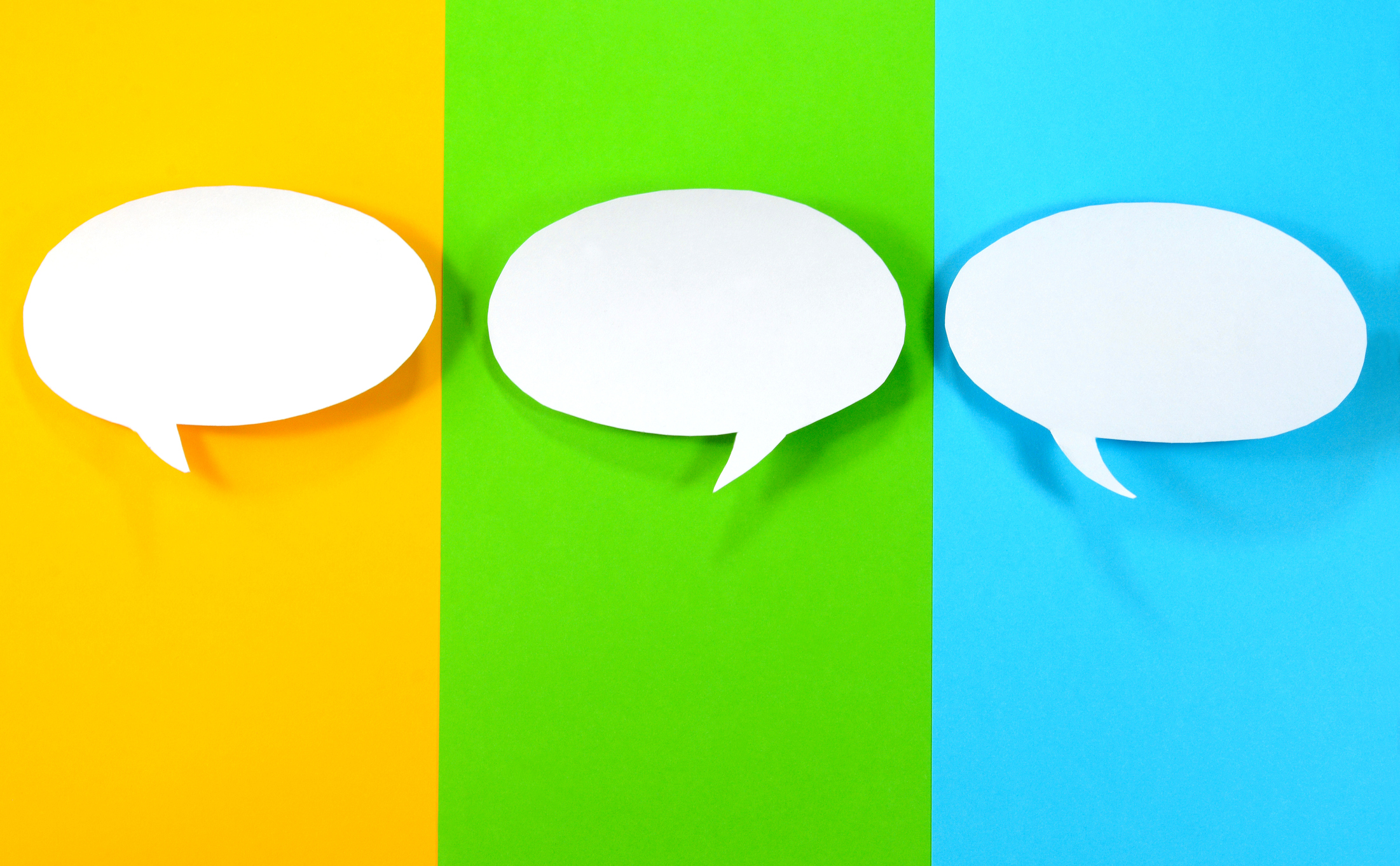Welcome to our new section, Thrive on Campus, devoted to covering the urgent issue of mental health among college and university students from all angles. If you are a college student, we invite you to apply to be an Editor-at-Large, or to simply contribute (please tag your pieces ThriveOnCampus.) We welcome faculty, clinicians, and graduates to contribute as well. Read more here.
I have a serious question for you.
How would your career — even your life — be different if you were exposed to the basic framework of emotional intelligence in your early 20s?
For some of you this is a stumper because you will argue that emotional intelligence (EI) is the result of experience and maturity. (Scrooge! Play along!)
However, you, my favorite contrarians, are not exactly wrong.
The journey to emotional intelligence is, well, a journey, full of more downs than ups and more oh-man-I-totally-missed-that’s than nailed-it’s. It’s a process that hurts others but mostly you, one that ultimately leaves you kicking yourself for that one time 14 years ago when you would have handled a critical decision point much better — possibly changing the course of your career — had you understood what was happening around you.
Then some of you — perhaps the most emotionally intelligent of us all — will sit in quiet contemplation, reverse engineering your own experience to that single, early moment when a well-meaning manager tried desperately to get you there. But, in retrospect, it went 284 feet over your head because you had no idea what they were talking about.
Part of the natural learning curve? Absolutely. Yet missed opportunities, all.
But they don’t have to be.
The overwhelming majority of EI training is predicated upon the assumption that the person in question has 20-plus years of experience from which to draw. And, frankly, the money is at the executive training level.
But the 2.8 million undergrads and grad students we’re about to hire in 2019 are far more in need of an EI primer than the senior executive.
Building EI earlier is critical to forming workplace-ready, entry-level careerists. It’s about helping them foster the ability to see all of the dynamics at play and understand how to work with them — and not against them — to achieve desired outcomes — a skill every workplace needs now, not in a couple of decades when today’s young adults finally grow into it.
In fact, an introduction to emotional intelligence as a college student is as important as acing math is to an accountant. If that seems too basic, think of it this way: emotional intelligence is to career success as a fast ball is to Chris Sale’s Red Sox World Series win. Where would my beloved team be if no one taught Sale how to read the box and then pitch into it?
When we hoard our sage-on-top-of-the-mountain knowledge of and experience with building emotional intelligence, it is a disservice to young adults.
I realize this isn’t a new idea — that many deans are on the cusp of introducing it to classroom curriculum and other campuses have managed to tack it on to career training — some schools are even instituting it at the primary level — but my work with campus officials nationwide suggests we are in desperate need of a more intentional approach within higher education.
If all of the preceding logic isn’t reason enough, consider the future salary impacts of becoming emotionally intelligent. In 2014, Time Magazine cited a study from the Journal of Organizational Behavior linking EI to earning potential:
High emotional recognition was linked to a higher salary, even after controlling for salary-bumping factors like age, gender, education, work experience, and work hours.
“This very basic ability has effects on the interpersonal facilitation facet of job performance and, most notably, even on annual income, an objective indicator of career success,” the study authors wrote. “The better people are at recognizing emotions, the better they handle the politics in organizations and the interpersonal aspects of work life, and thus the more they earn in their jobs.”
If we can at least bring undergraduate and graduate students up through the multi-layered process of self awareness, the core tenet of Daniel Goleman’s emotional intelligence framework, then they will have cleared the most difficult EI hurdle before ever reporting to their first real world job. Talk about a killer professional advantage for them and their managers.
By introducing them to the framework earlier, we are helping them build a familiarity to the language so they’ll be more receptive to those teachable moments we’re about to drag them through.
Undergrad and graduate students may not be mature or experienced enough to heed it. But, like a kid in the back of the car you thought wasn’t listening, they’ll eventually repeat your words back to you through their own filter.
A terrifying thought, right?
More like terrific.
These idealistic, unformed, ambitious, thoughtful, insatiably curious, well meaning, intelligent, badass young adults are going to be our bosses one day. We have a stake in ensuring they succeed. And a natural byproduct of this effort is a workforce of fewer, well, jerks, for the sake of everyone, everywhere. Who can argue with that?
Subscribe here for all the latest news on how you can keep Thriving.
More on Mental Health on Campus:
What Campus Mental Health Centers Are Doing to Keep Up With Student Need
If You’re a Student Who’s Struggling With Mental Health, These 7 Tips Will Help
The Hidden Stress of RAs in the Student Mental Health Crisis


